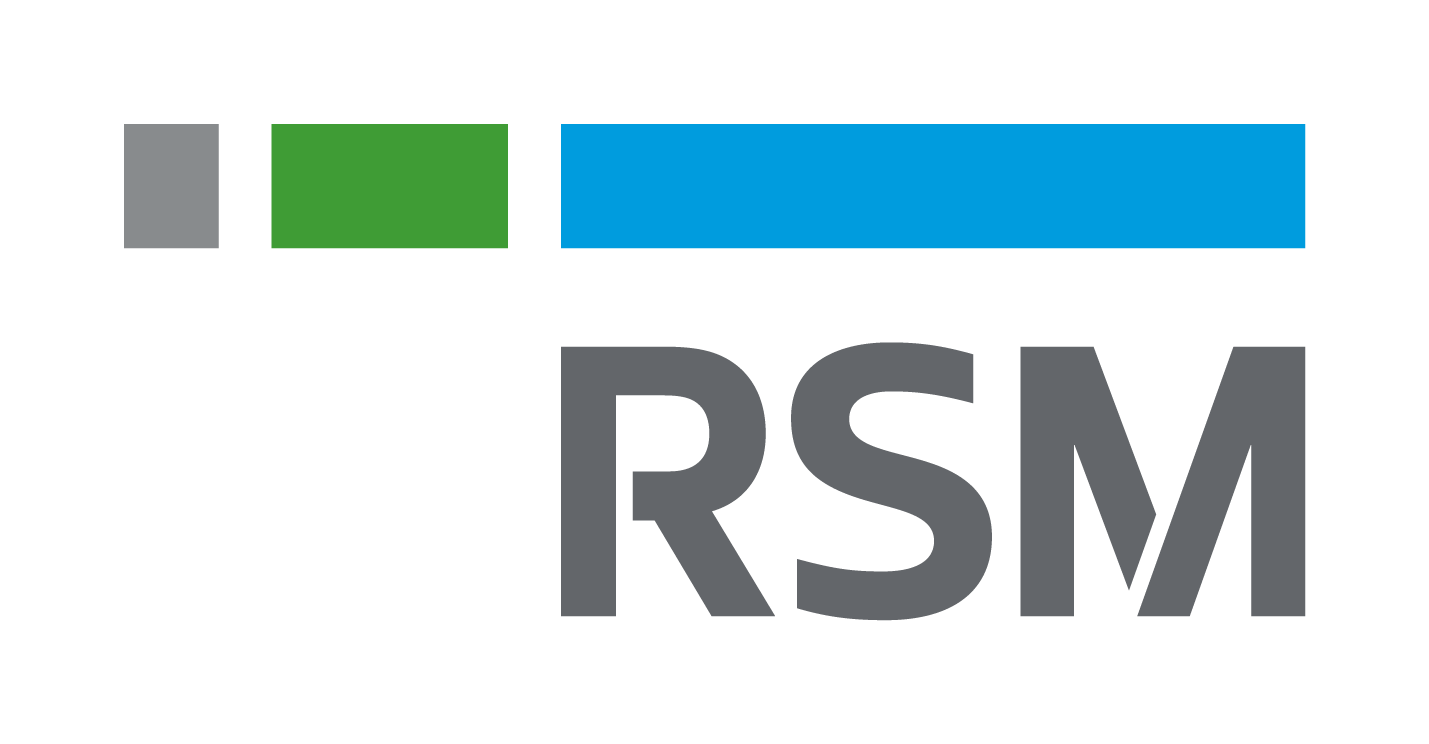Looking at the Future of Tax Audits in Japan
October 9, 2020
Introduction
Due to the effects of the COVID-19 pandemic, tax audits on new businesses were effectively postponed until September 2020. As the state gradually engages again with economic and social activities, tax audits also properly resumed in October 2020. In this article, we would like to take a look at how tax investigations are conducted during the pandemic and compare the differences between how they were done before.
What is a tax audit?
First of all, let us review what a “tax audit” is.
① What is it and why is it necessary?
A tax audit is a series of investigative procedures conducted by either the National Tax Agency or the Tax Office, where they check whether a taxpayer’s tax return has been filed properly and in accordance with tax laws.
In Japan, most of the current national taxes, including income tax, corporate tax, consumption tax, and inheritance tax, are filed and computed under the system for “tax payment by self-assessment”. Tax filing and payment “by self-assessment” refers to a system in which taxpayers interpret tax laws that calculate and determine their own income and tax amount, and pay the tax amount they’ve computed. On the other hand, the national government uses the “official assessment method” in calculating and determining the tax amount and imposes this on taxpayers unilaterally. In Japan, the “official assessment method” is used for national taxes such as additional tax and delinquency tax, and for local taxes such as fixed asset tax, real estate acquisition tax, and automobile tax.
When using the “tax payment by self-assessment method”, the payer calculates the income and tax amount by themselves and files for a tax return. A tax audit will need to be performed by a third party in order to check and prevent the lapses in the performance of tax obligations due to erroneous declarations, and to maintain the fairness and accuracy of tax declarations.
② When is it done?
Tax audits can be conducted at any time of the year, but they are usually conducted from August to the end of the year.
The reason being is that the National Tax Agency starts their new fiscal year in July after their new personnel have settled in, making it convenient to start working with the new organizational structure. The second reason is that the tax returns of many companies in Japan that end their fiscal year in March need to be filed by the end of May, making July a good time to conduct tax audits of tax returns filed in May.
③ What are the kinds of tax audits?
There are two types of tax audits: “voluntary” and “compulsory,” which differ greatly. Generally speaking, a tax audit refers to a “voluntary” audit. The following is a summary of the characteristics of each type.
Voluntary Audits and Compulsory Audits
| Regular Tax Audit | Compulsory Audit | |
|---|---|---|
| Overview | In principle, a tax audit is scheduled and conducted with the consent of the concerned taxpayer. Advance notice is generally given by phone or in writing at least one week in advance, and the schedule can be changed. However, in case where it is necessary to confirm the actual status of the business, such as in the case of the businesses that run primarily on cash transactions, an unannounced inspection may be conducted without prior notice. | A compulsory investigation, with a court warrant, is conducted if a taxpayer suspected of massive tax evasion or malicious concealment. There are about 200 cases per year. In most cases, the amount of tax evasion exceeds 1 million yen, and the taxpayer is involved in malicious cover-ups, such as improperly recording expenses or using tax havens or international transactions. |
| Right of the Tax Investigator | The tax investigator has the “right to question and inspect” to ask taxpayers questions about taxes, and taxpayers are not allowed to remain silent or make false statements. | Tax inspectors have the authority to seize documents related to tax payments, and their authority is considerably greater than that when conducting voluntary audits. If tax evasion is identified, a complaint will be filed with the public prosecutor’s office and the case will be handled as a criminal case. |
Tax audits during COVID-19
Tax audits have resumed since October 2020. In order to take preventative measures in spreading the virus, thorough measures have been implemented for on-site investigations. Based on the National Tax Agency’s “Measures to Prevent the Spread of the New Coronavirus Infection” released on September 18. Specific measures include maintaining a safe physical distance, wearing masks, washing hands thoroughly, conducting temperature checks, checking for feverish symptoms such as coughing, minimizing the number of staff members and the duration spent together in a single office, avoiding close-contact settings, and avoiding confined and enclosed spaces (3Cs). In addition, audit schedules may be adjusted to take into account the individual circumstances of taxpayers, such as the current trend of working from home.
In addition to the usual on-site investigations, more efforts are being made to transit to non-face-to-face audits done over the phone or in writing. While there are concerns that the COVID pandemic may hinder the smooth progress of on-site investigations, more time is being allocated for preparatory investigations leading up to the on-site investigations compared to previous years. We can expect audits to be more efficient and in-depth, with accurate identification of priority cases (high net worth cases, consumption tax refund cases, and international cases).
These trends will continue in the future as we begin to move on from COVID.
Efforts to Make Tax Audits Online: Digitizing Inquiries and Responses regarding Deposits and Savings
The National Tax Agency is conducting a demonstration experiment to digitize “inquiries and responses regarding deposits and savings” for persons subject to tax audits from October to December. The purpose of this is to eliminate burden on staff, mailing costs, and delays by switching from written documents to online communication between the National Tax Agency and financial institutions regarding the savings and deposit account information of tax entities subject to investigation. Based on the results of the experiment, the system is expected to be rolled out nationwide from the next fiscal year.
The use of digital data to improve the efficiency of the investigation process has been identified for quite some time already, and it is expected to be promoted through similar efforts in the future. Ultimately, there will be a day when a so-called “online tax audit” will be introduced, where the communication between the investigator and the taxpayer will be done online. In some countries where tax entities are increasingly digitalized, tax audits can actually be completed by taxpayers submitting the necessary data on the tax authority’s online portal on time. As digitalization and online services continue to advance in various fields affected by COVID-19, it is expected that digitalization efforts will also increase in the field of tax audits in Japan.
Conclusion
In line with the increase of demand in the digitalization of government services due to the COVID-19 pandemic, tax investigations must also now be flexible, such as non-face-to-face audits and online, rather than sticking to traditional on-site investigations. This will not only improve the efficiency of operations, but also serve as the ultimate countermeasure against the spread of COVID.
On top of this, there is the hope that more effective investigations will be conducted by further singling out priority cases.
For business owners, so long as you are willing to operate and continue your business, there is a possibility that you will be subject to a tax audit sometime in the future. It is important to stay updated with the changing trends in tax audits, and to be prepared to deal with them in advance.







